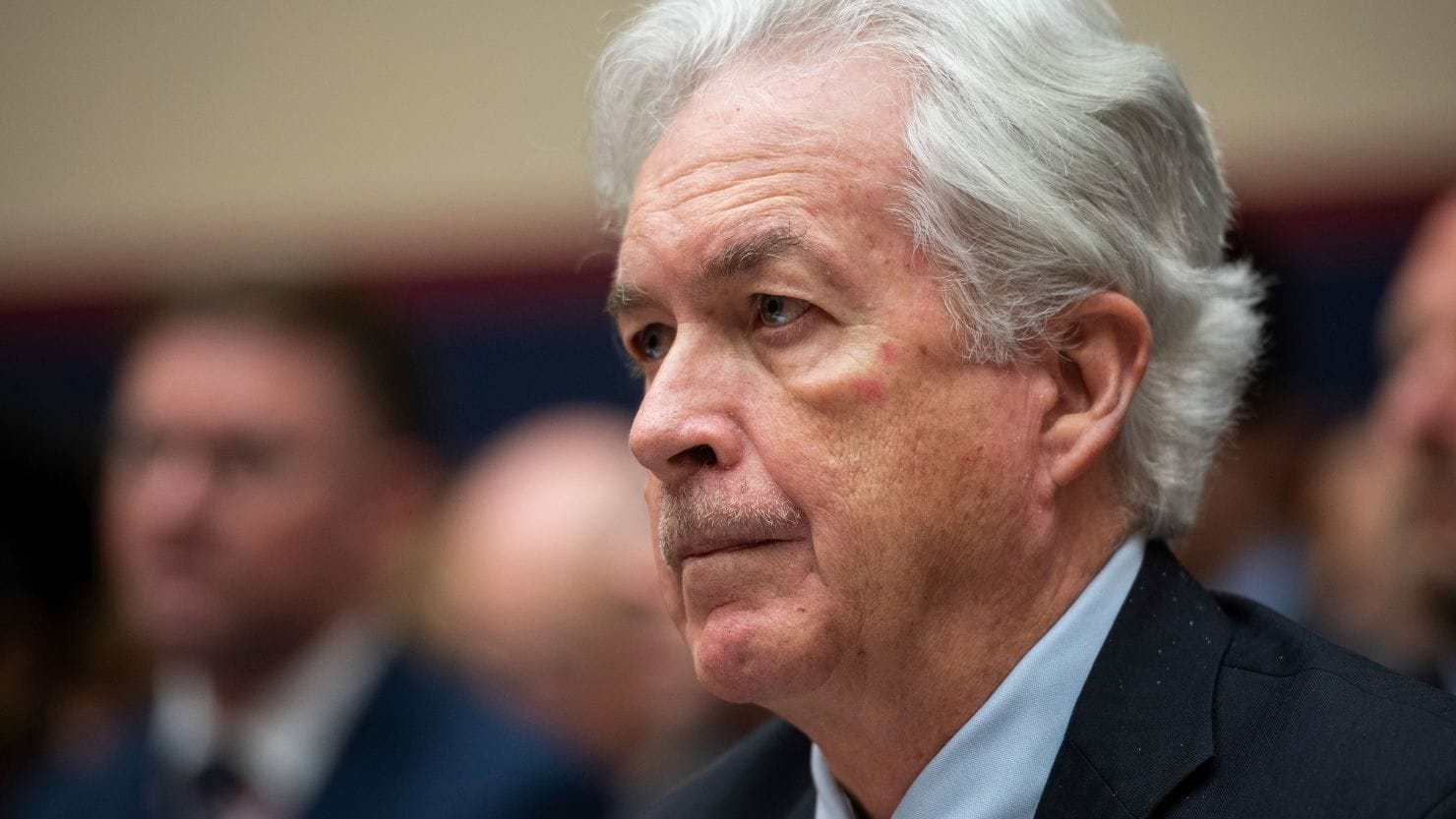In recent developments, Hamas has signaled a conditional willingness to release hostages, contingent upon modifications to a ceasefire plan proposed by the United States regarding the ongoing conflict in Gaza. This unfolds against the backdrop of escalating tensions and widespread humanitarian concerns, and it highlights the complex dynamics involved in negotiations for peace in the region.
The United States has been actively engaging with regional partners and stakeholders, advocating for a ceasefire that would lead to a cessation of hostilities and allow for humanitarian aid to flow into the beleaguered Gaza Strip. The proposed plan aims to mitigate the suffering of civilians while addressing the overarching violence that has plagued the area for years. However, Hamas has articulated a need for adjustments to this initiative, asserting that any peace agreement must fully consider their strategic interests.
Sources close to Hamas have reported that the organization is prepared to discuss the release of hostages, a critical issue that has drawn significant international attention. The captives, taken during the recent flare-up of conflict, are being leveraged by Hamas as a bargaining chip in its negotiations. Nevertheless, the group is demanding specific guarantees and changes to the US ceasefire proposal before it agrees to any such commitments.
Among the primary conditions set forth by Hamas is a call for the easing of restrictions on the movement of people and goods into Gaza. The organization argues that the existing blockade has severely impeded the quality of life and access to essential services for the Palestinian people, creating a humanitarian crisis that must be addressed as part of any ceasefire agreement. They contend that without adequate provisions for lifting the blockade, any ceasefire would be superficial at best and would not lead to lasting peace or stability in the region.
Furthermore, Hamas is insisting on assurances related to its military capabilities, including the right to maintain a degree of armament for defense purposes. The group has expressed concerns that any relinquishment of hostages without corresponding guarantees could leave it vulnerable to future military actions. This reflects a broader strategy of coalition-building within Gaza and the surrounding region, as Hamas seeks to position itself as a key player in any future negotiations concerning the Palestinian territories.
The United States, on its part, has reiterated the need for an immediate ceasefire based on mutual respect and security assurances for all parties involved. However, as the administration navigates the intricacies of diplomacy in a multilayered conflict, it must balance its support for Israel’s right to defend itself with humanitarian obligations towards the Palestinian population. This balancing act has proven challenging, particularly as the death toll rises and public outcry against military interventions amplifies.
International responses to Hamas’ demands have been mixed. Some nations advocate for a more nuanced understanding of the Palestinian plight, endorsing Hamas’ calls for policy adjustments as essential for a long-term solution. Others remain firm in their stance that Hamas should be held accountable for its actions, emphasizing that the release of hostages should not come with any preconditions. This complex diplomatic landscape underscores the challenges facing negotiators and the broader geopolitical implications that extend beyond Gaza.
The situation remains fluid, with the international community closely monitoring developments. Various humanitarian organizations have expressed alarm over the conditions in Gaza and the urgent need for a peaceful resolution to the ongoing conflict. As the negotiations advance, there are calls for transparency and a collaborative approach that includes all voices on the ground, not least those of the ordinary citizens caught in the crossfire.
In conclusion, Hamas’ recent conditional pledge concerning hostages adds another layer of complexity to the already intricate negotiations around a proposed US ceasefire plan in Gaza. While the willingness to negotiate is a step forward, the demands for adjustments to the ceasefire framework indicate that substantial hurdles remain before a lasting peace can be achieved. As stakeholders continue to engage in dialogues, the protection of civilians and the facilitation of humanitarian aid will remain critical objectives, underscoring the imperative for a coordinated, multifaceted approach to resolving the ongoing crisis in the region.
